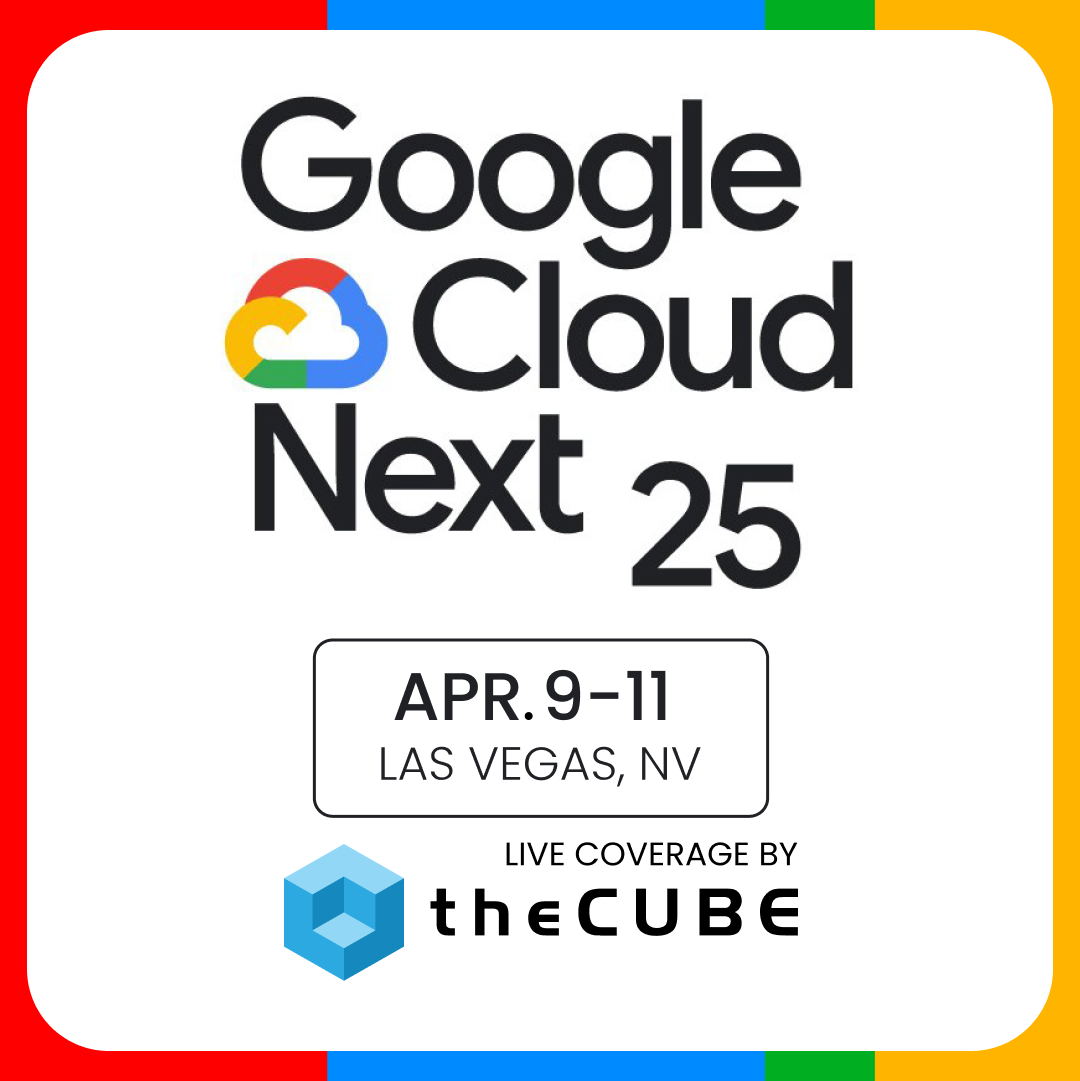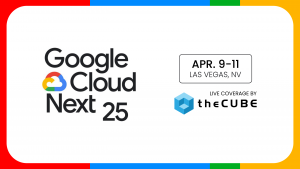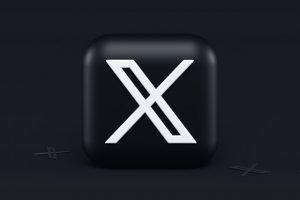Xamarin bundles over 1,000 test devices in the cloud
![]() Xamarin, the mobile app-dev specialists, has announced the launch of its new web-based “Xamarin Test Cloud”, which lets developers test out their apps and programs on over 1,000 devices.
Xamarin, the mobile app-dev specialists, has announced the launch of its new web-based “Xamarin Test Cloud”, which lets developers test out their apps and programs on over 1,000 devices.
Developers will be able to create their own test scripts using Xamarin’s powerful framework, run them locally on devices or emulators, and then run the same tests on literally thousands of devices at the push of a button.
Xamarin Test Cloud runs alongside Calabash, an automation framework that was built by startup LessPainful, which Xamarin bought up in 2013. Test scripts must be written in either C# or Ruby language, but hybrid and native Android/iOS apps can be written in any language, says the company.
While the tests are automated, Xamarin says developers will be able to practically anything they might do when they’re using an actual, physical device. For example, the test cloud can simulate swiping and tapping on the screen, changing GPS locations, pushing physical buttons, rotating the device, turning on the camera and way more besides. Various mobile network conditions can also be simulated, such as EDGE, 3G and 4G.
Xamarin has a library of more than 1,000 devices to choose from, and these can be filtered by form factor, manufacturer or operating system. The library includes hundreds of older and current devices, ranging from phones to phablets to tablets. When using the service, Xamarin provides detailed reports of each test, including screenshots of each step. Devs can view performance data like CPU, memory and so on, as well as device logs and other debugging information.
Screenshot via Xamarin
“We believe that testing is not something you should do at the end of the development cycle, just before submitting to the app store,” wrote CEO Nat Friedman in a blog post. “Instead, your app should be continuously tested during development in an automated, scalable way.”
Xamarin’s test cloud service sounds incredibly powerful, but such power doesn’t come for free. In fact, developers will need to pay through the nose to get their hands on it, with a basic subscription (two apps/200 device hours a month) costing $12,000 per year. As for the Enterprise version, this is priced at a staggering $144,000 per year, and grants a license for 20 apps and 2,400 device hours per month, plus other benefits.
photo credit: Ben Brown via photopin cc
A message from John Furrier, co-founder of SiliconANGLE:
Your vote of support is important to us and it helps us keep the content FREE.
One click below supports our mission to provide free, deep, and relevant content.
Join our community on YouTube
Join the community that includes more than 15,000 #CubeAlumni experts, including Amazon.com CEO Andy Jassy, Dell Technologies founder and CEO Michael Dell, Intel CEO Pat Gelsinger, and many more luminaries and experts.
THANK YOU













